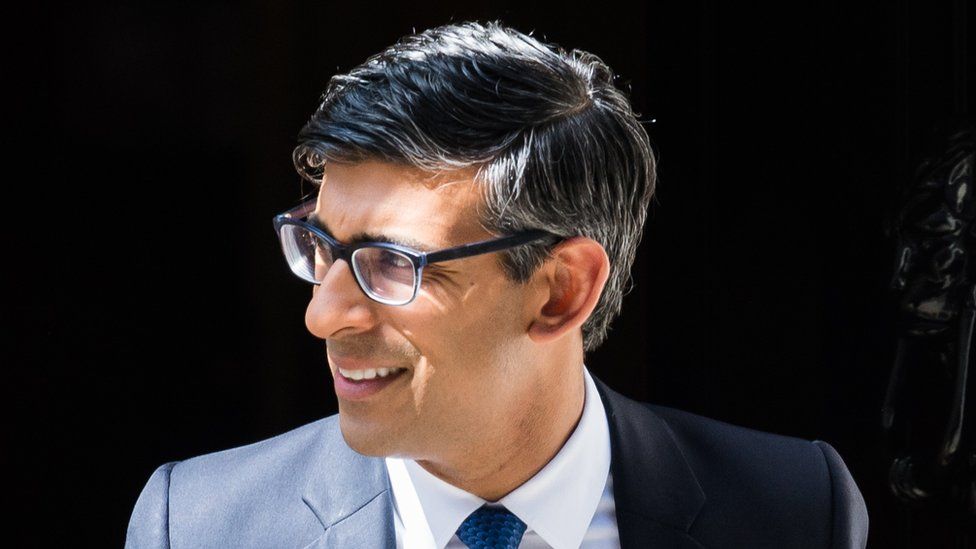ARTICLE AD BOX
 Image source, Getty Images
Image source, Getty Images
By Nick Eardley
BBC chief political correspondent
MPs delivered their verdict on Boris Johnson on Monday night, endorsing a report that found he deliberately misled Parliament over Partygate.
But 225 of his former Conservative MP colleagues were absent, including Prime Minister Rishi Sunak.
Most had decided to stay away from the Commons debate, rather than record their verdict against the man who led them to victory at the last general election.
Along with the prime minister, the majority of the cabinet also found themselves busy during Monday night's vote.
'Longstanding engagements'
It did not stop the report, written by the Commons privileges committee after a year-long inquiry, passing easily by 354 votes to seven.
Conservative MPs who voted against it included Sir Bill Cash, Nick Fletcher, Adam Holloway, Karl McCartney, Joy Morrissey and Heather Wheeler.
Work and Pensions Minister Mel Stride has since told the BBC he had abstained from the vote because he thought its main sanction - a hypothetical 90-day suspension for Mr Johnson, had he not already quit as an MP - was too severe.
Another cabinet minister - Michael Gove - said the same on Sunday.
But what about Rishi Sunak? The honest answer is we don't know yet.
We are told the prime minister had longstanding engagements on Monday.
In the afternoon, he had a meeting with Sweden's PM Ulf Kristersson. In the evening, he attended an event hosted by a health and social care charity.
When asked about why he missed the vote, Downing Street said he was focused on the future.
But this was not just about logistics (a prime minister can get around pretty quickly with their police escort).
Watch: MPs approve the Johnson Partygate report
Mr Sunak has gone to great lengths not to deliver a verdict on whether his predecessor lied to Parliament.
He was asked about it on Thursday morning, just before the committee's report was published. He said he did not want to pre-empt their conclusions.
On Monday, having had the weekend to digest the report's findings, he was asked how he would vote.
Several times, he dodged a direct answer and simply said he did not want to influence other MPs, who were not being instructed by party managers - called whips - how they should vote.
So as things stand, we do not actually know what the prime minister thinks about the report. We'll keep asking.
But that uncertainty is convenient for Mr Sunak.
If he had voted to endorse the report, he would have been seen by Boris Johnson's allies as having committed another act of treachery.
Many would never have forgiven him. They could have made life difficult in the coming months.
'Cowardly cop-out'
If he had rejected the report, that would have angered other Conservatives who spoke passionately in defence of the privileges committee in the Commons on Monday.
It would have, in the eyes of opponents, undermined his commitment to integrity, professionalism and accountability, which he made on the steps of Downing Street when he became PM.
But abstaining is not without risk.
You can expect opposition parties to hammer home the argument that Mr Sunak is too weak to deliver judgment on Mr Johnson.
Liberal Democrats have accused him of a "cowardly cop-out," while Labour has called him "too weak to lead a party too divided to govern".

 1 year ago
32
1 year ago
32








 English (US) ·
English (US) ·